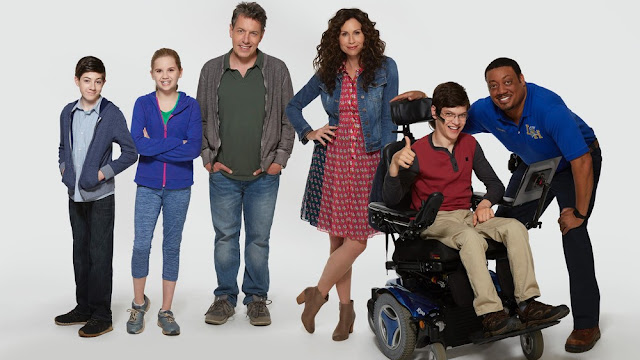












Content in BLOOM is not a substitute for professional medical advice. Always consult your doctor.
Views expressed in posts and resources listed do not signify endorsement by Holland Bloorview Kids Rehabilitation Hospital.
The BLOOM blog welcomes comments from readers on issues that affect parents of children with disabilities. We moderate comments to ensure they’re on-topic and respectful. We don’t post comments that attack people or organizations.
Holland Bloorview Kids Rehabilitation Hospital
150 Kilgour Road, Toronto Ontario Canada M4G 1R8 Get directions
Tel 416 425 6220 - Toll free 800 363 2440 - Fax 416 425 6591
Copyright © Holland Bloorview Kids Rehabilitation Hospital. 2014. All Rights Reserved.